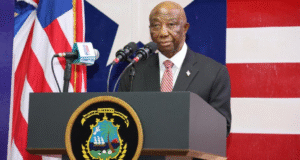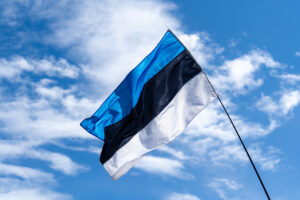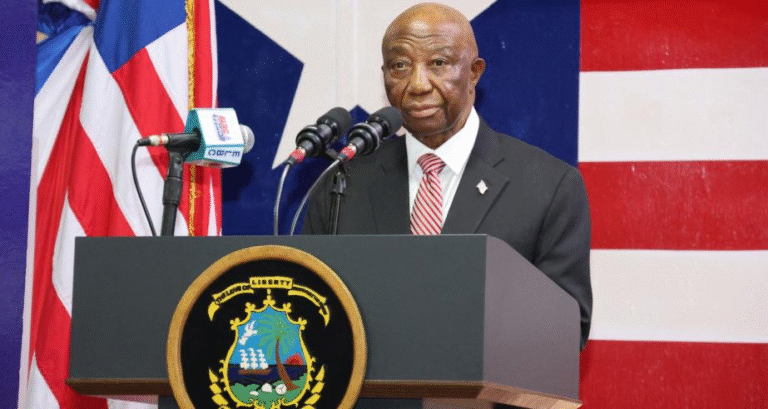The landscape of leadership in Africa is slowly but significantly transforming, with women increasingly occupying powerful positions that were once exclusively the domain of men. Among the most striking examples of this progress is the appointment of women to lead Ministries of Defence – a portfolio traditionally associated with hyper-masculinity, national security, and military command.
Celebrating these trailblazing women is not merely about recognizing their individual achievements; it is a powerful testament to the continent’s evolving gender dynamics, its commitment to inclusive governance, and the growing recognition that diverse leadership enhances national security and stability.
The landscape of leadership in Africa is slowly but significantly transforming, with women increasingly occupying powerful positions that were once exclusively the domain of men. Among the most striking examples of this progress is the appointment of women to lead Ministries of Defence – a portfolio traditionally associated with hyper-masculinity, national security, and military command.
Celebrating these trailblazing women is not merely about recognizing their individual achievements; it is a powerful testament to the continent’s evolving gender dynamics, its commitment to inclusive governance, and the growing recognition that diverse leadership enhances national security and stability.
Nosiviwe Mapisa-Nqakula

One prominent figure was Nosiviwe Mapisa-Nqakula of South Africa, who served as Minister of Defence and Military Veterans for a considerable period (2014-2021). Her appointment and long tenure in this powerful role in one of Africa’s most influential nations underscored South Africa’s commitment to gender equality in governance and its belief in her leadership capabilities in a critical sector. She subsequently became the Speaker of the National Assembly, further cementing her legacy as a powerful female leader.
Angelina Teny

Another notable example is Angelina Teny who served as the Minister of Defence and Veterans Affairs in South Sudan as part of the revitalized transitional government of national unity. Her appointment in a nationgrappling with conflict and peacebuilding efforts highlighted the crucial role women can play in national security and reconciliation processes.
Other women who have held or currently hold defence-related ministerial positions (which can include State Minister of Defence or Deputy Minister) across Africa include:
Oppah Muchinguri Kashiri, Zimbabwe’s defence minister is also a veteran of the nation’s liberation struggle, she was also a pioneer of the women empowerment movement in Zimbabwe and an important face at the Beijing Conference which changed the women’s empowerment landscape.
Monica Juma (Kenya, previously Cabinet Secretary for Defence, showcasing Kenya’s progressive stance on women in powerful roles)
Stergomena Tax (Tanzania, previously Minister for Defence and National Service) These women are not only breaking glass ceilings within their own countries but also serving as inspirations across the continent. Challenges remain, of course. Women in such high-profile, traditionally maledominated roles often face intense scrutiny, skepticism, and even resistance. They must constantly prove their competence and navigate complex political and military establishments.
However, the increasing number of women leading Ministries of Defence in Africa signifies a fundamental shift. It is a testament to the growing recognition that competence, vision, and leadership are not confined by gender. As these powerful
women continue to shape national security policies and command respect on the international stage, they are not only celebrating their own achievements but also paving the way for a more inclusive, stable, and prosperous Africa.






